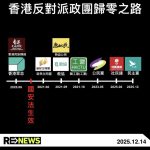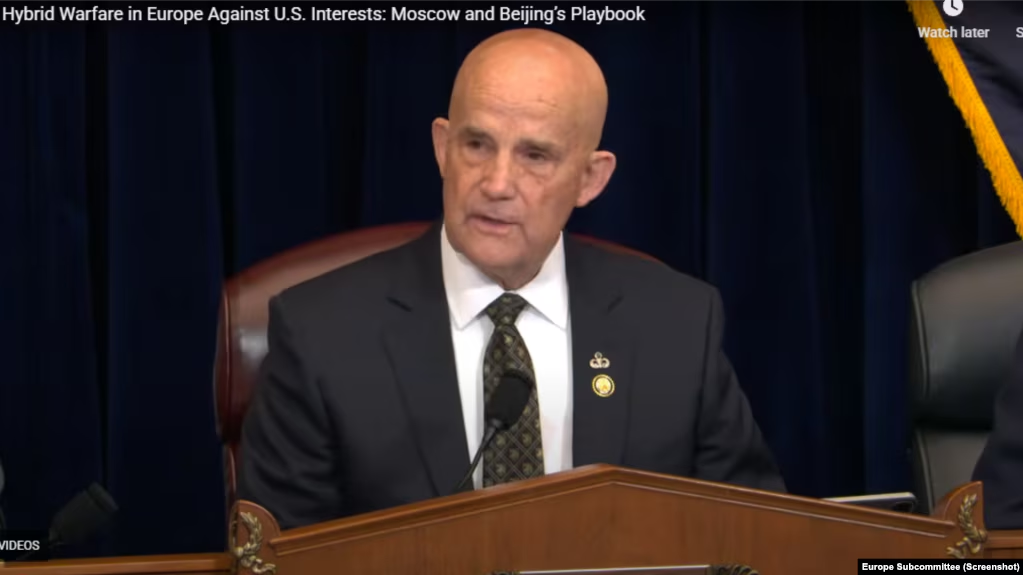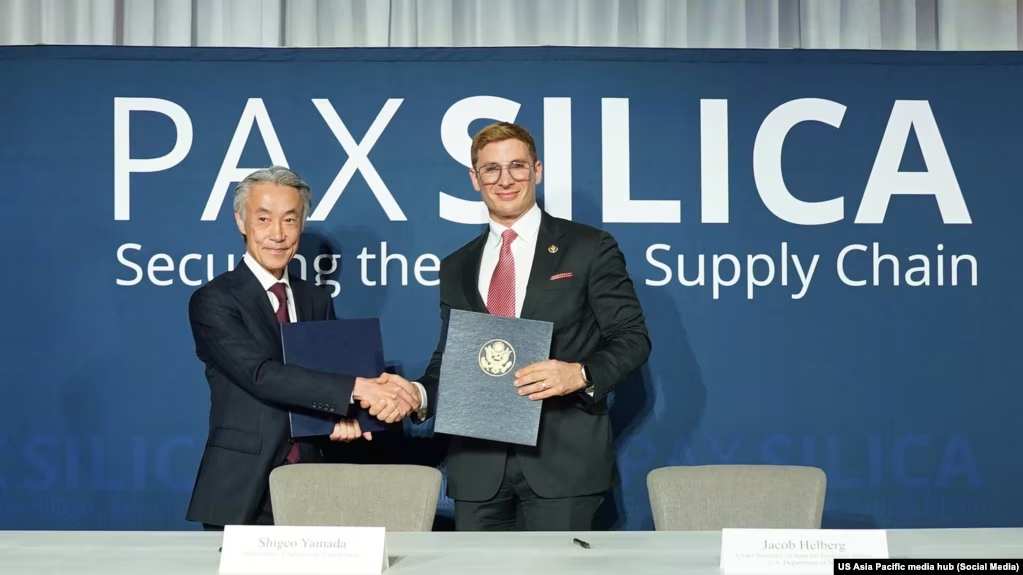By World Economic Forum Nov. 28, 201231 Comments
We’re already seeing a return to Cold War era containment strategies as the relationship between the world’s two largest economies deteriorates, argues Ian Bremmer, president of the Eurasia Group and author of Every Nation for Itself: Winners and Losers in a G-Zero World. The World Economic Forum, in collaboration with TIME, quizzed Bremmer on the nature of U.S.-Chinese tensions and what can be done to soften them.
Why is the specter of U.S.-China confrontation so real?
We’re in a situation where the world’s largest economy is not doing so well, the world’s second largest economy is still growing very strongly, albeit at a slower rate, and the two countries have totally incompatible economic and political systems. The relationship between China and America is only becoming more problematic. In the foreign policy debates ahead of the US presidential elections, Obama referred to China as an “adversary” for the first time. It’s not just about political posturing. China is the single biggest challenge to US foreign policy, in that Americans mostly see foreign policy in terms of how it impacts the American economy, and China is increasingly a market that many people believe is not playing by the rules, from intellectual property to state capitalism to cyber attacks.
(MORE: Why China Could Be Obama’s Second-Term Foreign Policy Headache)
Similarly, in Chinese state media, you’re seeing much more assertiveness, more talk of the Americans trying to contain China, the Americans “not wanting us to be world beaters”, “not wanting us to be number one”. There’s no question that the Americans and the Chinese at the highest level do understand that it’s dangerous for both countries to allow their relationship to be a disaster, so they’re trying to avoid unnecessary conflict. But the problem isn’t really unnecessary conflict—it’s that the necessary conflict over huge structural issues like currency and trade is building up.
What warning signs have you seen?
There’s the massive increase in tensions between China and Japan: in the last few weeks, there were anti-Japan demonstrations in about 100 cities in China, Japanese car sales in China were down 49% last month, and every CEO I spoke to at the recent IMF meeting in Tokyo said that this issue would dramatically change their view on doing business in China. This is significant because, ultimately, America is Japan’s defence policy: they have a strategic alliance, so if there is a problem between Japan and China, we know where the US is going to come down.
How does China’s holding of U.S. government debt affect the relationship?
The Japanese are actually on track to become the largest holder of US debt, externally, not China. China is trying to decouple from the dollar. If you look at what they’re doing in building domestic consumption and expanding South-South trade, then it’s clear they want to be in a position where there’s less mutual dependence with America. But that’s a long way off, and China is still very much America’s banker.











